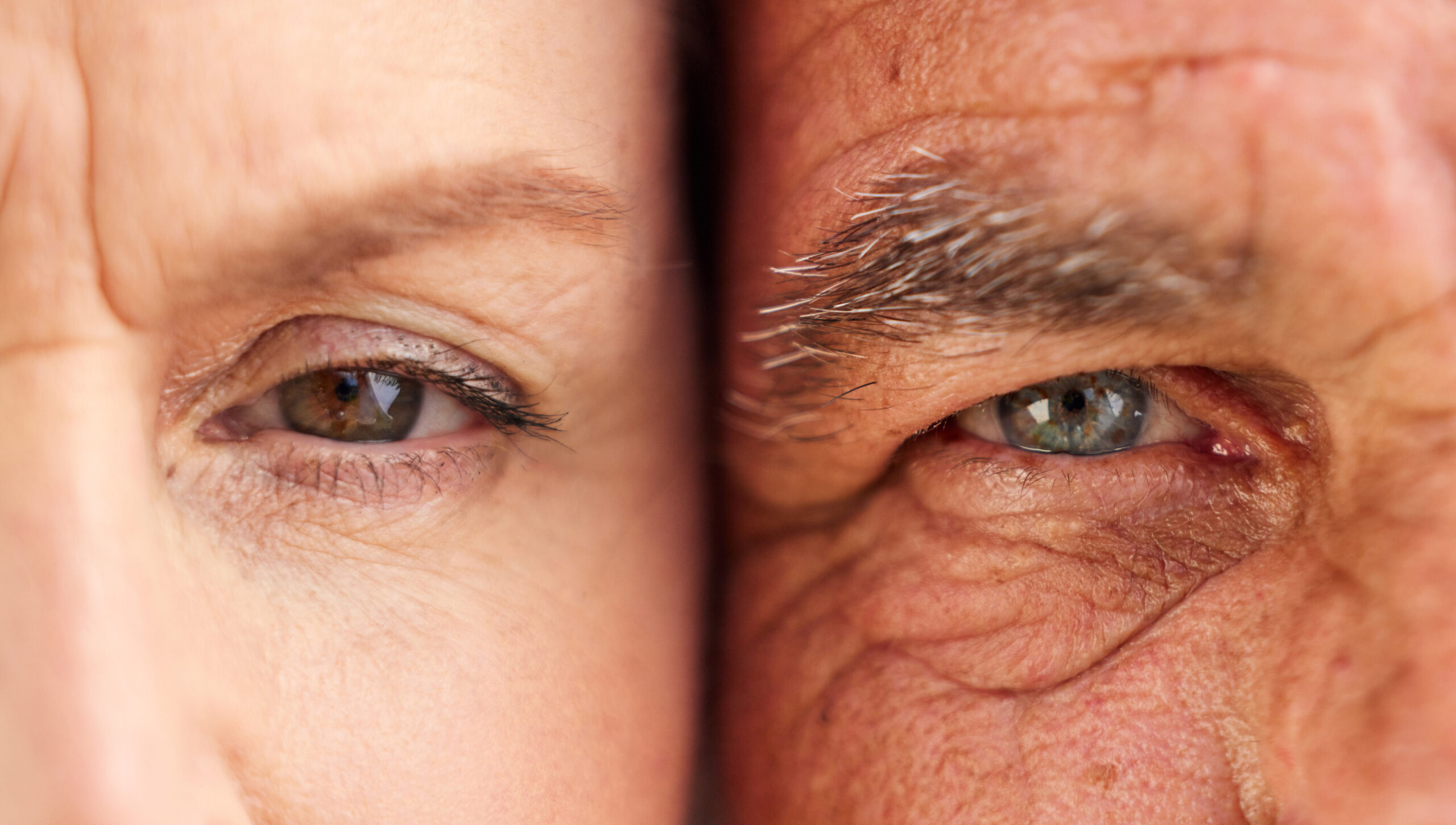At a certain age, despite feeling relatively young cognitively and physically, the image we see in the mirror can be disarming, even startling at times when it does not match our inner vision of ourselves. This phenomenon of grasping onto a “subjective age” is not uncommon, and many adults over 40 report feeling about 20 percent younger than their actual age.
According to a recent article in The Atlantic, although we recognize the signs of aging in friends and family, we may not internalize these changes in ourselves on a daily basis – until we see the photographic evidence. How old you feel, not necessarily physically but “in your head” has been studied by researchers and the data consistently shows older adults perceive themselves as younger than their chronological age.
Is this tendency to subtract years vanity, denial, or rather a sense of optimism about the future? Some postulate that the age we land on in our heads reflects a time when we were mature enough for self-awareness and settled into our true selves while still holding potential. Author Jennifer Senior refers to this crossroads as the “peak of the combined vigour-maturity index”; an age when we know who we are, but life still holds some excitement and surprises.
Feeling internally younger than we are can lead to some strangeness between generations when older adults perceive themselves to be the same age as younger co-workers, friends or family members. The 30-somethings can clearly see the differences while the 50+ crowd may not recognize their added “maturity”. Young adulthood is filled with new experiences and the intense emotions of many firsts that are seared in our memory, creating the “reminiscence bump” researchers have discovered forms between the ages of 15 to 25. This helps to explain why older adults get stuck listening to the same music they enjoyed in young adulthood.
A component of the inclination for older adults to report feeling younger than their age may also reside in society’s cultural norms and the value and respect attached to elders in the community. In North America, people tend to believe that having a lower subjective age predicts better health in older age, while seniors in collectivist societies like Asia or Africa don’t experience the necessity to feel younger, and yet are no less healthy. Feeling useful and valued in society contributes to a better quality of life for older adults without denying their age, wisdom and experience.
How old are you in your mind’s eye? It might be a fun topic of conversation with friends or family, investigating why this subjective age is where your internal identity most often lands.






Add Your Voice
0 Comments
Join the Discussion